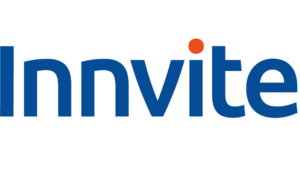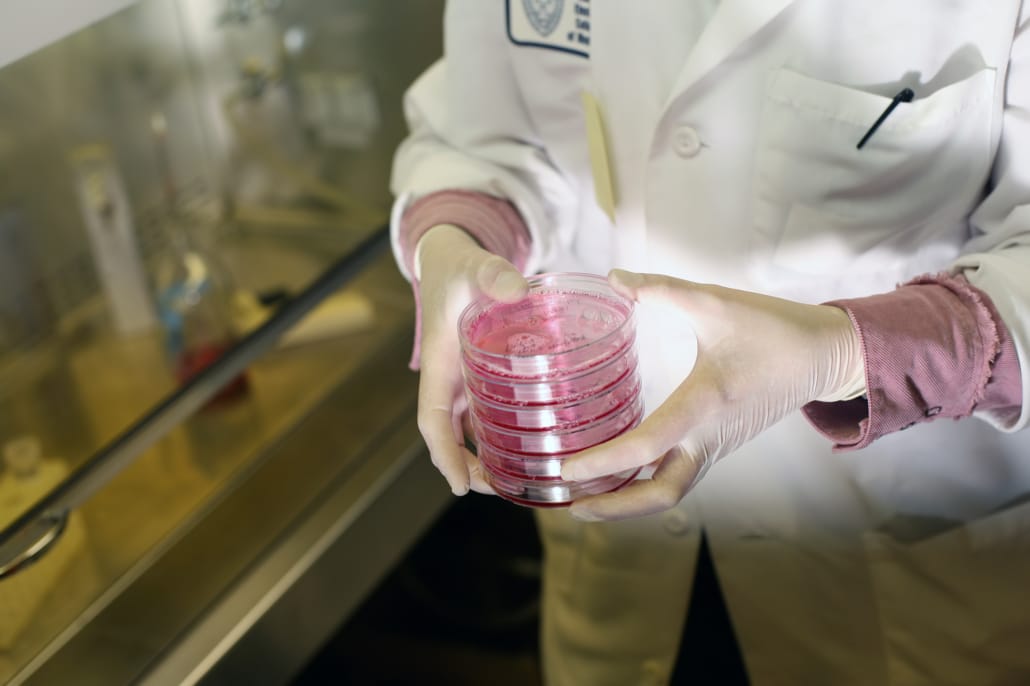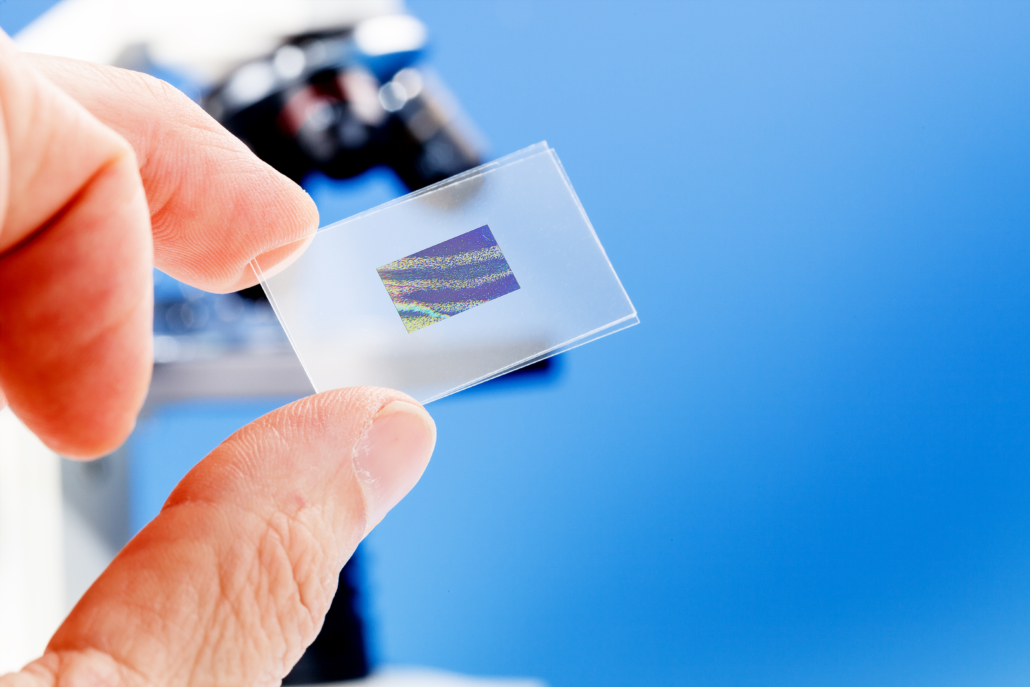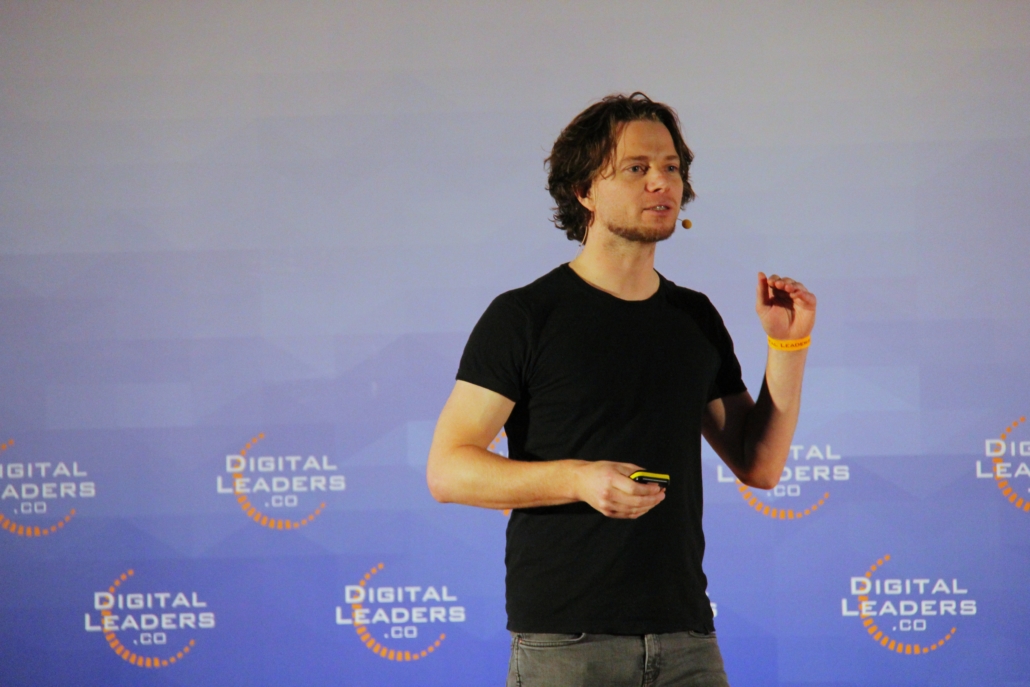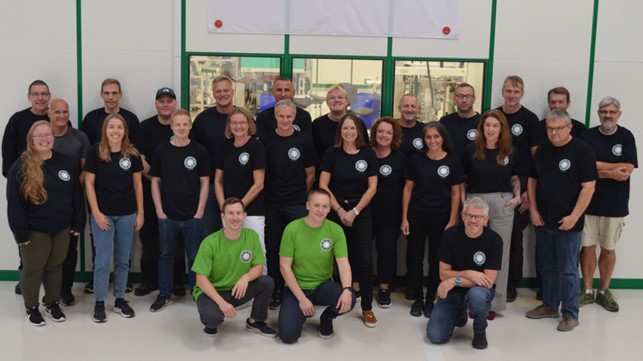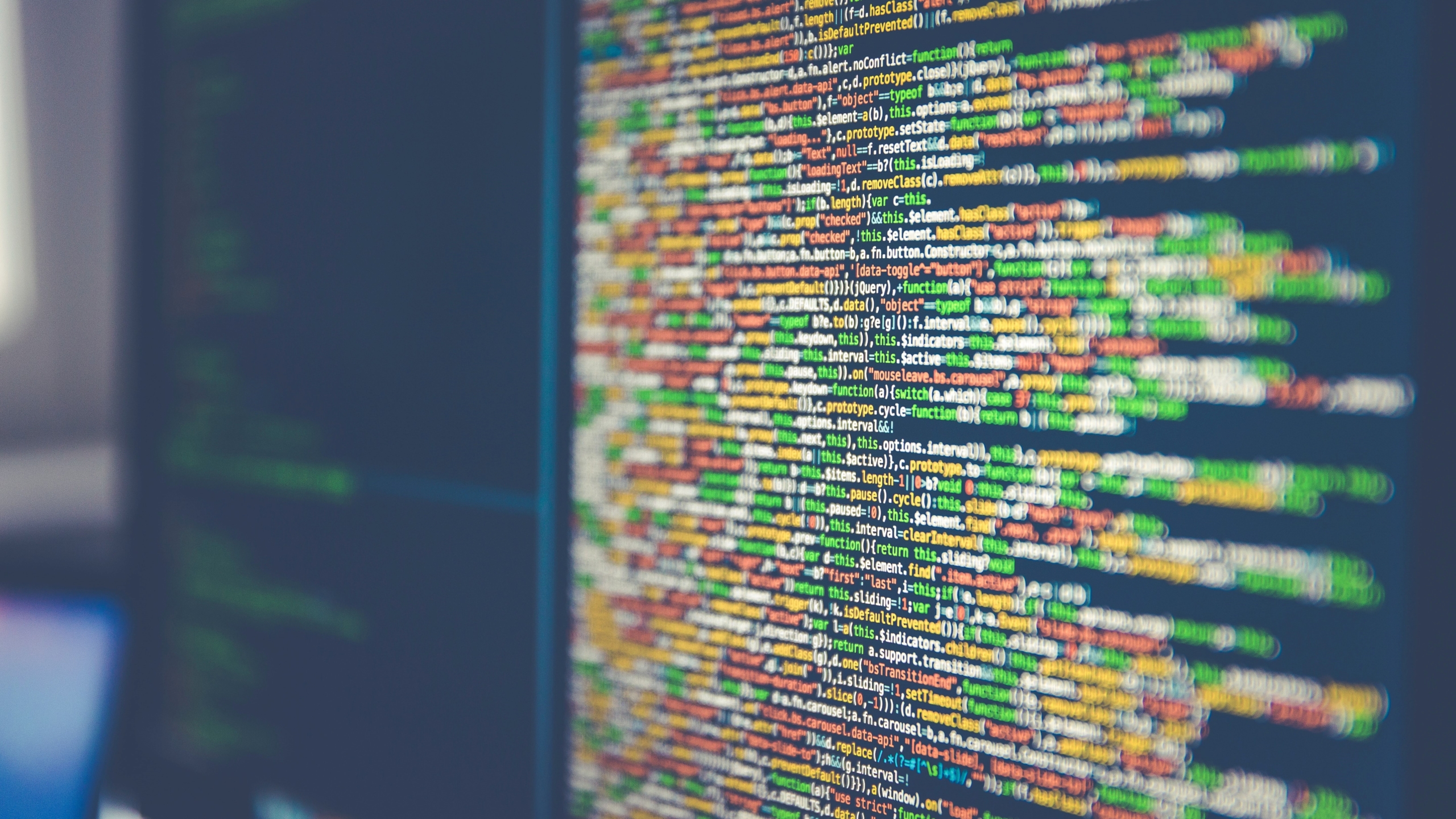When a tissue sample is removed from patients, it is important to get quick and valid answers so that a suitable treatment can be initiated. This applies whether a tumor is benign or malignant.
Cellari is a promising Danish startup, originating from a strong Danish position in AI-based image recognition from DTU and KU. The ambition behind this Innobooster grant is to replace the manual, chemical staining as well as the subsequent analysis of tissue samples with digital technology so that the time and resources spent on staining and analysis are significantly reduced.
Today, a tissue sample must first be cut into thin slices, after which it will be waxed and sent for dyeing. Here the sample is kept for 45 min. and is tilted back and forth in chemicals while an expert in the field monitors that the staining is achieved with the greatest possible contrast. Then, the sample is taken out of the machine and put on glass a glass slide and photographed. The image can now be examined by pathologists through a microscope. Subsequently, the patient is informed of the result.
Cellari’s digital solution is based on artificial intelligence, where digital processing creates images of frozen tissue samples, which the medical staff in hospitals can analyze effectively and then study the results.
The goal of Cellari is to be the first to combine digital staining of tissue samples and analysis into one solution that supports frozen tissue sections. On the long run, the technology will allow for analysis of tissue samples within minutes, after which any necessary treatment can be initiated. It will benefit patients and strengthen the work of physicians, laborers, and pathologists in hospitals worldwide.
With the grant from the Innovation Fund it is possible to develop algorithms for digital analysis of tissue from real patient samples. The goal is to start actual validation studies later in 2020.
